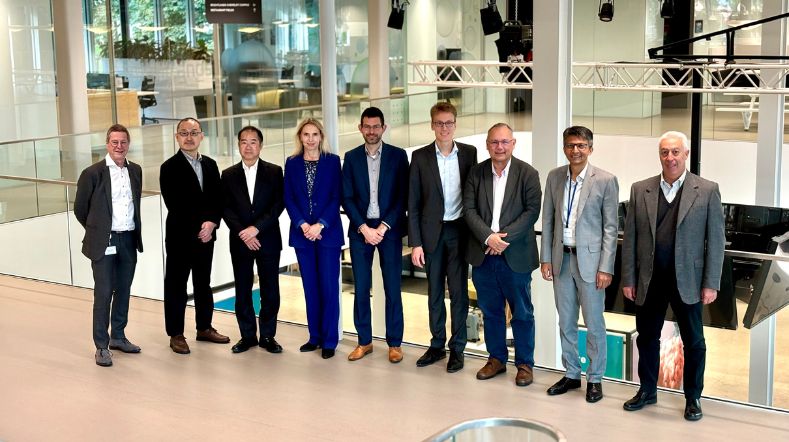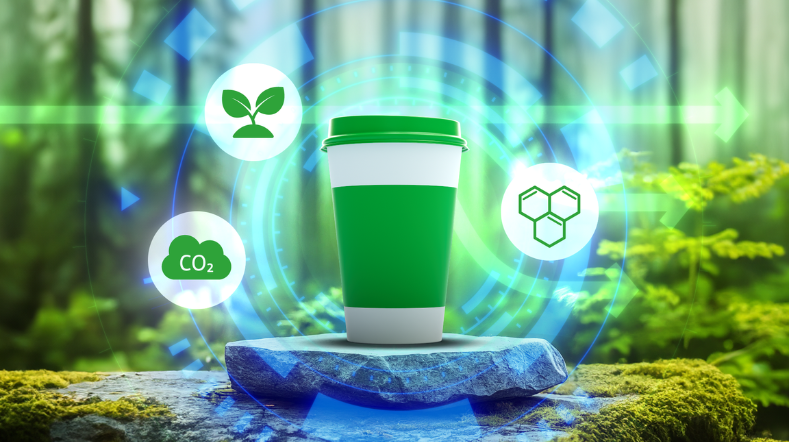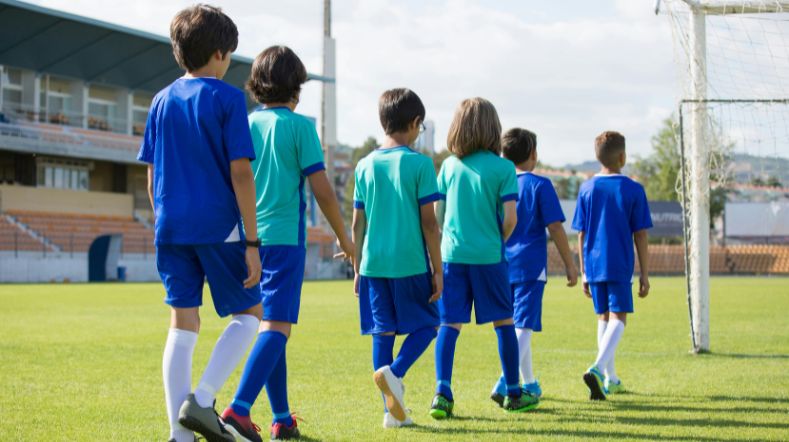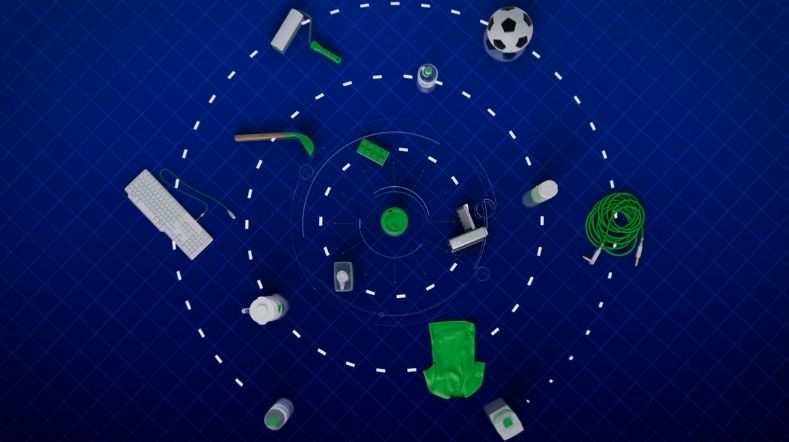The impact of plastic waste management activities in Kota Ambon and Surabaya, Indonesia
Of the 7.8 million tons of plastic waste generated in Indonesia each year, 4.9 million is mismanaged and leaks into the environment, causing serious harm to river, sea and soil ecosystems. The Dutch Plastics in Circles (PiCi) consortium took up the challenge to implement in collaboration with Indonesian partners two projects: a waste collection and sorting centre in Kota Ambon and a plastic recycling plant in Surabaya.
Innovation for development
TNO developed for both projects a dynamic web-based tool to assess the economic, environmental and social impact. This development is part of the TNO Innovation for Development program (TNO I4D), which focuses on impactful innovations in low- and middle-income countries and was set up with the support of Partnering for Green Growth (P4G) and RVO Impact Cluster.
Plastic recycling Indonesia
The impact assessment tool is based on both TNO’s plastic litter material flow analysis model (pIMFA) and plastic recycling impact scenario model (PRISM) for plastic collection, sorting and recycling in Indonesia. With the impact model the partners are able to assess the economic, social, but mainly environmental impact of the plastic waste value chain in which the PiCi projects operate in Indonesia. The impact model is unique in the way that we focus on circularity, closing the value chain and can thus monitor a diverse set of impacts of the circular value chain, which is particularly relevant when dealing with waste & recycling scenarios.
Smart Waste Center
The first project is the Smart Waste Center on the island of Ambon in Indonesia, set up by Sweepsmart and Green Moluccas, which in 2023 collected and processed 200 tons of waste at the sorting centre, thus diverting 200 tons of plastic waste in 2023 from the landfill, and creating work for more than 24 sorters and collectors. Due to the project the environmental impact of plastic waste has been reduced by 130tons of CO2eq in 2023 already, which will become even more when the total amount of waste sorted increases over time.
Processing towards recyclable building materials
The second project is in Surabaya, where UPP! and Sumber Djaja Perkasa are working to reduce plastic pollution by efficiently processing mixed plastic waste into recyclable building materials. A unique melting/mixing technology will be used to process a wide range of unsorted, unwashed, and non-shredded mixed plastics, such as multilayer sachets or plastic with food residue. In this way, the costs of sorting and washing materials can be reduced. The aim is to process about 5,000 tons per year of mixed plastic waste into durable and recyclable construction materials in the Surabaya region.
Through both initiatives, the consortium supports the Indonesian government to achieve her promise to reach a 75% reduction in marine plastic and increase waste handling to 70% by 2025.
Plastics in Circles (PiCi)
- SweepSmart
- Geesinknorba
- Green Moluccas
- Upp! Cycling
- Umincorp
- Sumber Djaja Perkasa
- TNO
- REBEL
- P4G Partnerships
- Rijksdienst voor Ondernemend Nederland
- Recovered Indonesia
- PT Milion Limbah Ambon
Get inspired
Collaboration for sustainability: better results through joint innovation


Webinar: Biobased plastics in a sustainable future
Biobased plastics


The challenge of choosing between sustainable materials for textiles


23 questions about biobased plastics in a sustainable society



